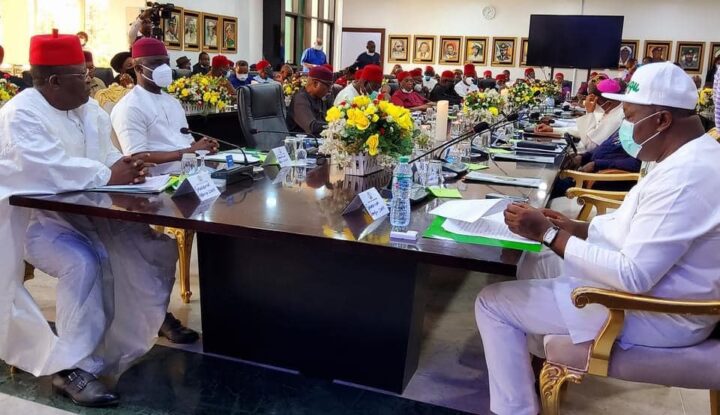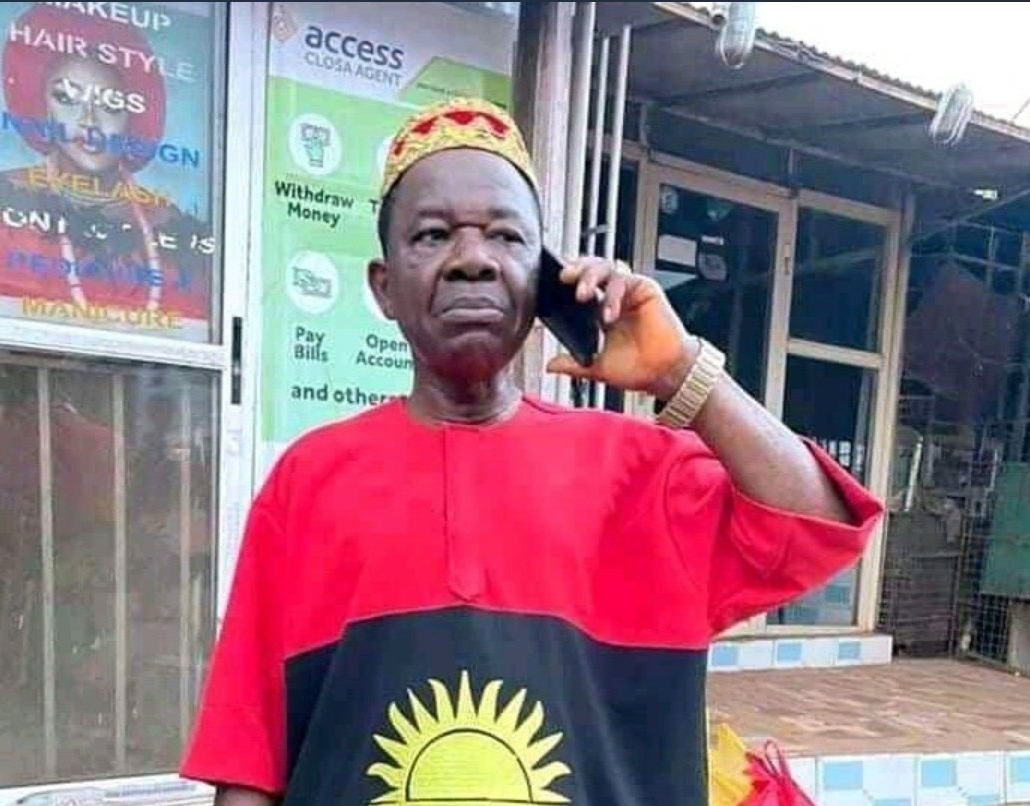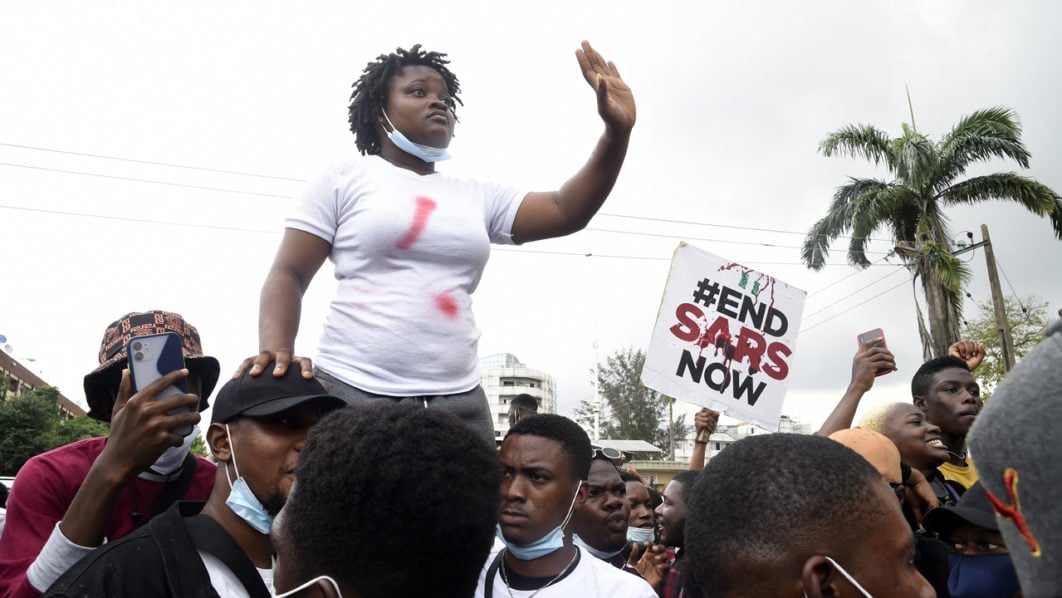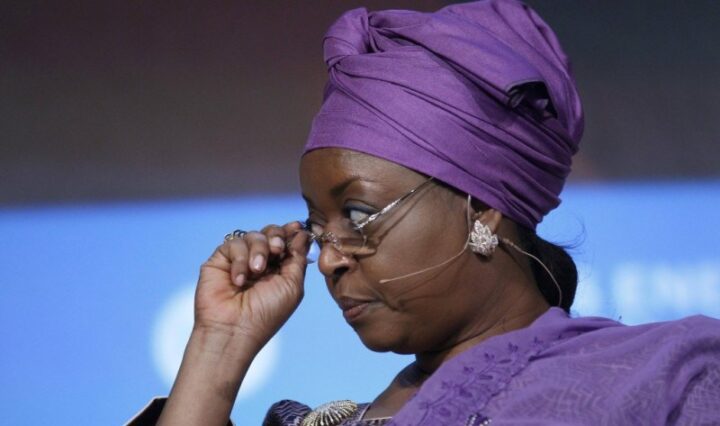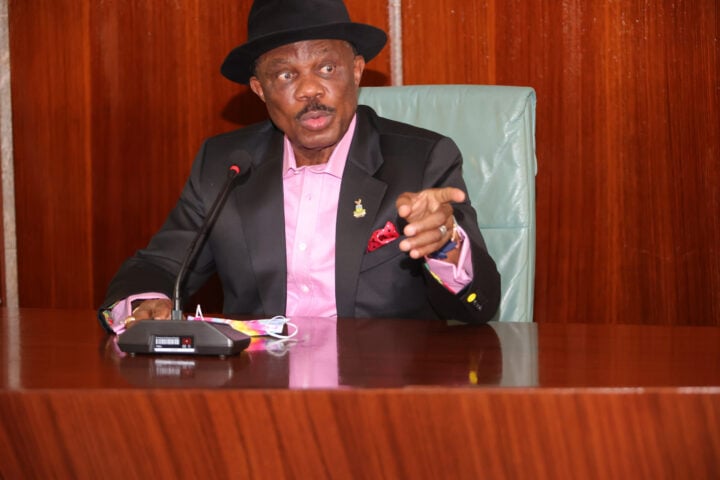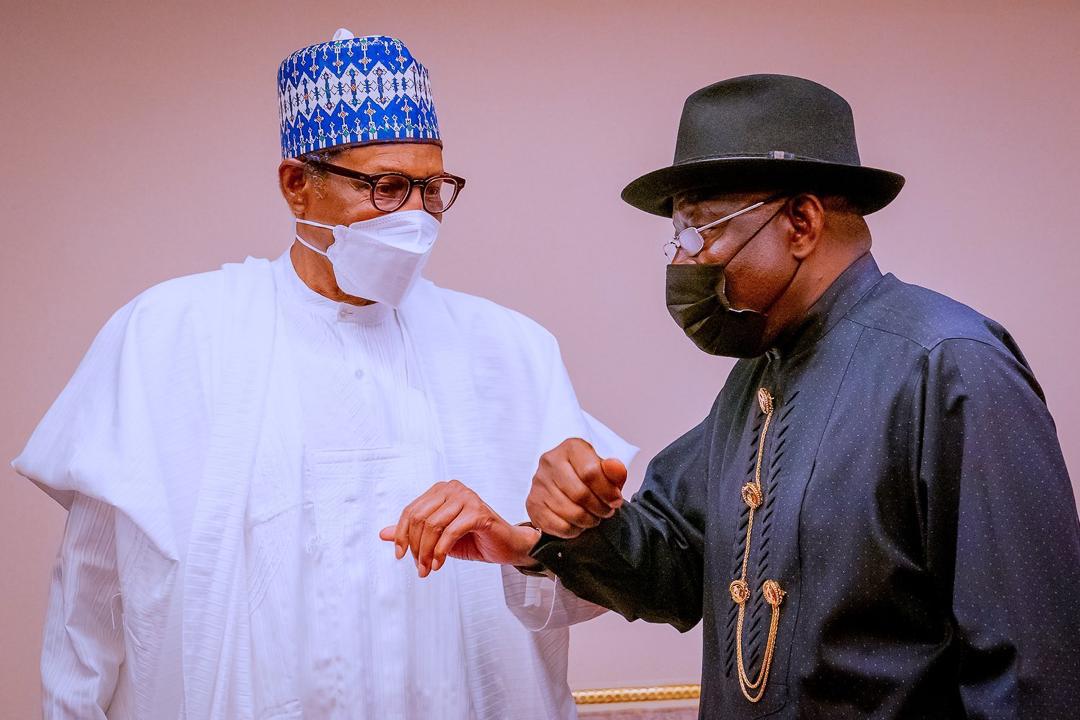The wanton bloodletting and growing descent into anarchy in the south-east indicate nothing but failure of leadership, plain and simple. When I say the failure of leadership, though, I mean it on multifaceted levels. However, all said and done, those who claim to be leaders, political, traditional, and otherwise have failed Nigeria and failing in Igboland.
Being the chief of them all, Nigeria’s federal government took another misstep to accentuate the strategic errors of poor governance and disconnect between government and the governed earlier this week. That reaction is unfortunate, and I will explain.
On Monday, the military announced the commencement of three special operations aimed at curbing the wave of insecurity in the three zones of southern Nigeria and the North-Central and the Federal Capital Territory. Laudable as it may seem, the initiative does not show a government that learns from the past, which is a tragedy. For a country of Nigeria’s size, population and stature, the lack of ability for institutional recall, and the failure or refusal to take lessons from past misadventures is the greatest foolishness of all. Why do I say so?
Since 2015 or so, Nigeria has had several military operations. Readers would recall that the flexing of military might in the south-east started with Operation Python Dance around 2016. The initiative grew into a series and went on until 2019 when it became Operation Peace Dance. According to the army, those operations were to combat spates of kidnappings, armed robbery, cult and communal clashes, among other sundry crimes in the region.
Advertisement
Five years later, the situation is worse than ever, although the army has continued rolling out its men and machinery to confront the increasingly confounding challenge.
The south-east is not alone in the flurry of military operations that have hit the country in the past six years. In June 2020, the Daily Trust newspaper published a report indicating that the Nigerian Armed Forces had launched 40 different operations and exercises to contain various security challenges since 2015. That the army has embarked on these operations every year amply points to the ineffectiveness of this style and a reason to reconsider the strategy.
Earlier this year, a series of events resulting in deaths, arson and even a prison break led to the deployment of soldiers out of the annual “dances”. Of course, the military intervened, and there was the momentary restoration of order and the extermination of perceived troublemakers. However, here we are again, just months later, with the same wave of violence, government property targeted for destruction and lives, including that of the esteemed Dr Chike Akunyili, terminated in the most callous of ways. In line with our automated, knee-jerk mindset, we have sent soldiers onto the streets again. You then cannot but wonder how a country does something repeatedly and expects a different result. Does the federal government expect that this deployment will permanently bring the crisis to an end when more than 40 in the past have not?
Advertisement
Yet, only a portion of the blame can go to the federal government. The Igbo in Nigeria have not hidden displeasure with the regime of President Muhammadu Buhari for what they perceive to be a deep-seated commitment to maligning them. However, there can be no doubt that political, traditional, and religious leaders in the zone have also failed to live up to expectations.
The first point to note here is political leadership. Those elected to offices point to flyovers and such capital projects as prime achievements when millions of their enterprising and able-bodied youths are walking the streets unemployed. As it is everywhere in the country, many youths in the south-east are hungry, angry, and frustrated. Amid these deprivations, political leaders not only display ostentation (to the chagrin of the people), but they are also currently too possessed by the pursuit of their political ambitions for 2023 to pay attention to the people and assuage their anger! They have not made any success of their current tenure but are fighting tooth and nail for one of them to be the president in two years, and in achieving that, they do not mind mortgaging the rights of the people!
There is also the part of traditional and religious leaders and the moral authority they wield. So, why have these leaders looked away for this mindless level of violence to take over south-eastern Nigeria? Is this a loss of control resulting from an unholy romance with political actors, an assumption that this violence would ultimately emancipate the zone or a paralysis stemming from fears of being targeted? Whatever it is, leaders of the south-east must now begin to see that the current situation puts everyone in jeopardy. The inimitable Wole Soyinka wrote that “the man dies in him who keeps quiet in the face of tyranny.” There could be nothing more emblematic of this situation than the double tyranny imposed by state actors in the first instance, and then now, non-state actors commonly addressed as unknown gunmen. And in case anyone is led to imagine that they are safe, such presumptions would be ill-advised. Like rainfall that does not distinguish between good and evil, no one knows who may be visited with this evil next. Therefore, it is in the interest of everyone, the zone and Nigeria to find all ways to stop this consuming menace. As it is, these men and women have their roof on fire; they cannot go to sleep just yet. It is time for leaders to come together, draw one another’s ears, speak truth to one another and find lasting solutions to the trouble that threatens to eat up the south-east.
And while the federal government is adopting its default strategy of troop deployment, it should get a bit more creative and consider the fundamental democratic requirement for civil engagement. Given the meagre and unsustainable successes that the military has made over the years, it is time to seek meaningful consultations with interest groups in the south-east and every other part of Nigeria where there are similar skirmishes.
Advertisement
The silence and lack of engagement by all layers of powers to the bourgeoning national tensions betray the democratic culture.
Then, in the long run, the government must be intentional about improving Nigerians’ living conditions.
As this column has said repeatedly, insecurity would remain a factor until Nigerians’ education, employment, and general welfare, especially the teeming youth population, are given priority attention. One of the most dangerous dimensions to our national response to emerging violence driven by sectional groups is the non-realisation that we are building an army of frustrated young people who have and see no stake in the destiny of the country by virtue of their abandonment, oppression and the political elites’ seeming lack of interest in and concerns for their future.
In the same breath, Nigerians must have a sense of justice regardless of who they are or their origin. The country’s porous borders and the attendant evil of small weapons and light arms; unrestricted access to and use of psychotropic drugs are some of the many other problems to deal with for Nigeria to become a cohesive, peaceful, and progressive country capable of competing. Nigeria does not seem to be ready to move with the world.
Advertisement
Yet, government people carry on like they know it all. They give the impression that leadership is nothing but a show of force, but authentic leadership gains the love and support of the people without coercion. Like the famous John Maxwell said: “He who thinks he leads but has no followers, is only taking a walk,” Buhari is fast losing grip of Nigeria and the understanding of her people. He needs more than the show of might as the commander-in-chief to win the people’s confidence and hand over a Nigeria that we can all be proud of in 2023.
Adedokun can be reached on Twitter @niranadedokun
Advertisement
Views expressed by contributors are strictly personal and not of TheCable.
Add a comment

